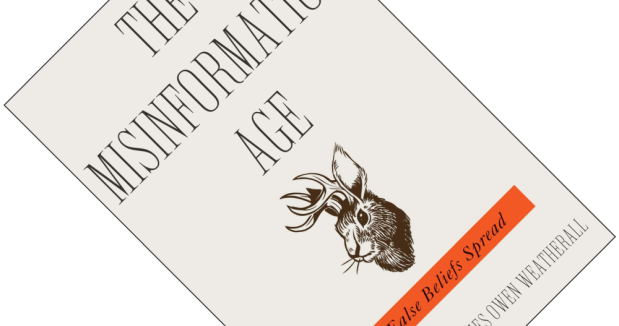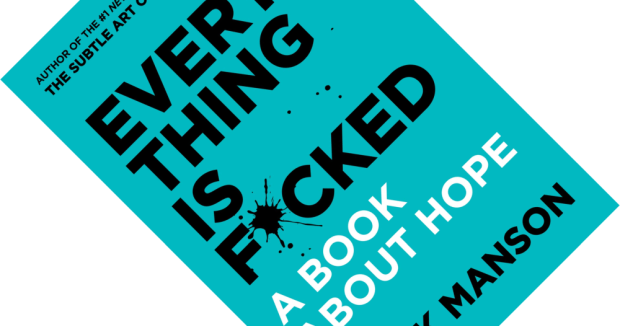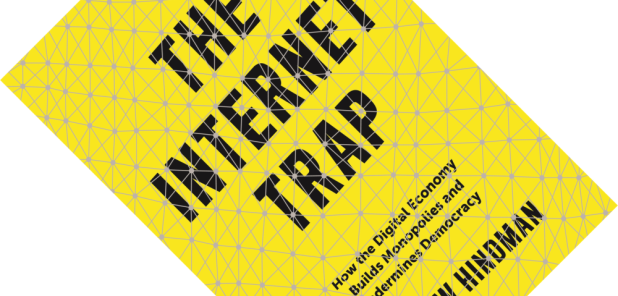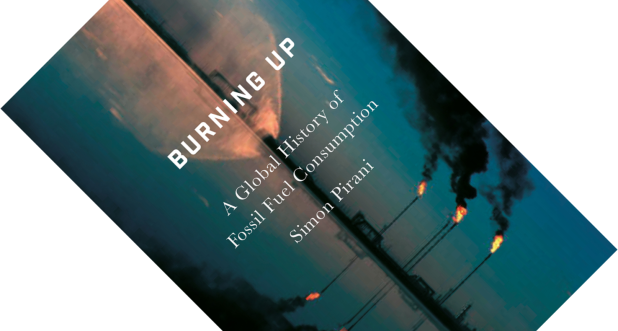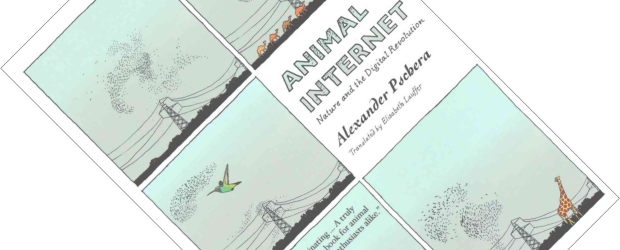“A lie can travel halfway around the world while the truth is putting on its shoes”. This oft-misattributed quote highlights a persistent problem in our world. Why do false ideas spread so easily? Sure, blame people’s ignorance or stupidity, but philosophers Cailin O’Connor and James Owen Weatherall write that the problem is far more insidious. Through a combination of case studies and modelling work, they convincingly argue that the same social dynamics by which truth spreads are inherently vulnerable to exploitation. But first, some vegetable lamb.
internet
Book review – Everything is Fucked: A Book about Hope
If you do not like the idea of reading a book review of a self-help book written by an author who hates self-help books. Or if you cringe at expletive-laden language. Stop. Seriously, move on. If that is not you – author, thinker and popular blogger Mark Manson is back with another book full of counterintuitive wisdom, razor-sharp observations, and vulgar humour. I imagine most of my readers will have an academic background, or at least value critical, logical thinking and a healthy dose of scepticism. Manson’s writing might just be for you. Why? Because scientists are people too.
Book review – Archaeology from Space: How the Future Shapes Our Past
What is better than archaeology? How about space archaeology. More properly known as remote sensing by satellite, the use of satellite imagery has set the field or archaeology alight. And professor of anthropology Sarah Parcak is one of its most enthusiastic torch-bearers. In a book that overflows with wonder, honesty, and hope, she takes the reader on a grand tour of remote sensing, showing how it is transforming this discipline.
Book review – The Internet Trap: How the Digital Economy Builds Monopolies and Undermines Democracy
The internet was supposed to be the great leveller. A revolutionary new medium that would allow anyone, anywhere to share his views and opinions with the world. A medium that would lead to robust and civil discourse amongst the citizens of planet Earth, with people holding different viewpoints exchanging ideas and finding inspiration. It would spell the end of big companies, with “competition being only a click away”, and numerous promising startups hiding in garages everywhere, ready to burst onto the scene. With the cost of reproduction and distribution approaching zero, anyone could start a blog, be a journalist, be heard!
Now take another good look around you. Where is the internet that we were promised?
Book review – Burning Up: A Global History of Fossil Fuel Consumption
Fossils fuels have powered civilization since the Industrial Revolution, and their consumption has exploded in the last few decades. But for all the prosperity that coal, gas, and oil have brought, there are many downsides, not least amongst these climate change. So how did we get here? Usual explanations point at individual consumption and population growth, and I would be quick to agree. With Burning Up, Simon Pirani, a visiting research fellow at the Oxford Institute for Energy Studies, basically says “not so quick, things are not that simple” and provides a deeply researched history of fossil fuel consumption.
Book review – Animal Internet: Nature and the Digital Revolution
This book is translated from the German Das Internet der Tiere, published in 2014. I started reading it thinking it would mostly deal with what the latest developments in animal telemetry are telling us about conservation, and what we can learn moving forward. With advances in technology, GPS units and tracking devices are now becoming so small that we can even attach them to insects. Scientists are uncovering a wealth of data about bird migrations, whale feeding patterns and many other behaviours that are normally unobservable to us. Instead, this book provides a philosophical blueprint for how technological advances could bring about a new way for humans to reconnect to animals.

